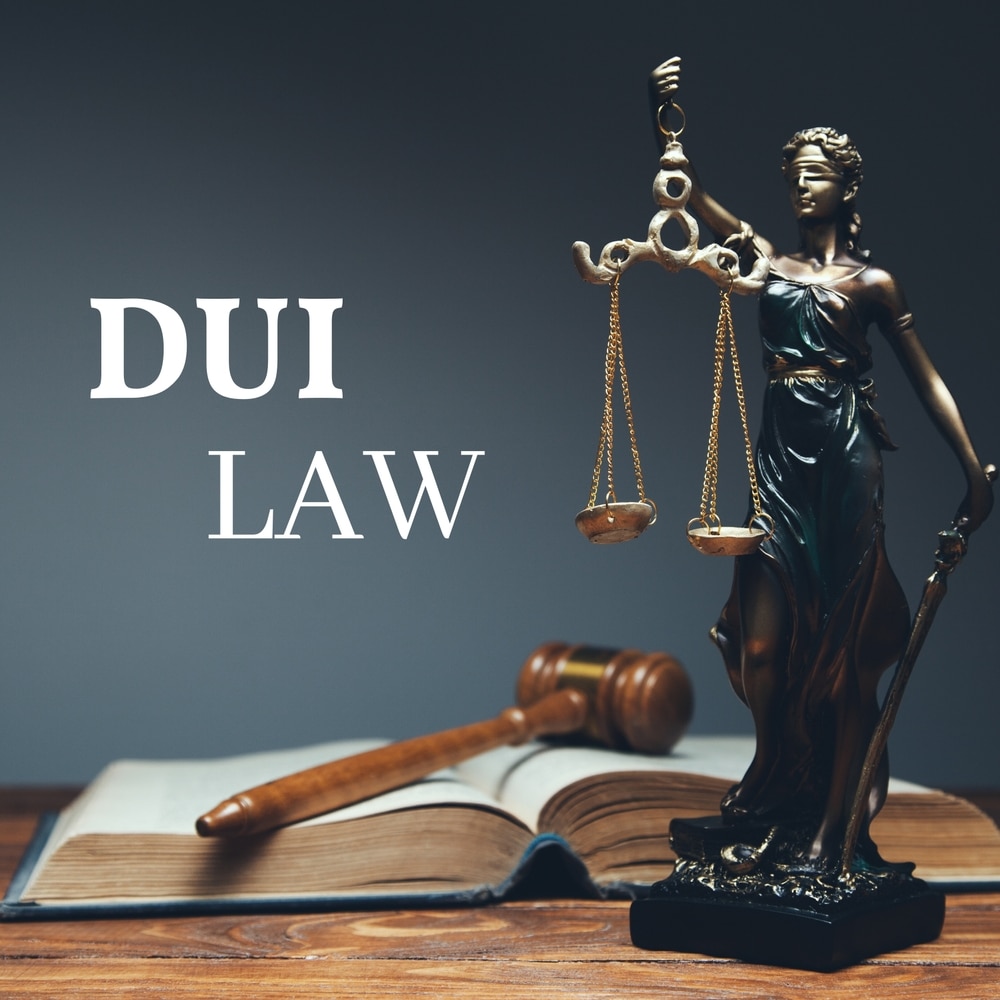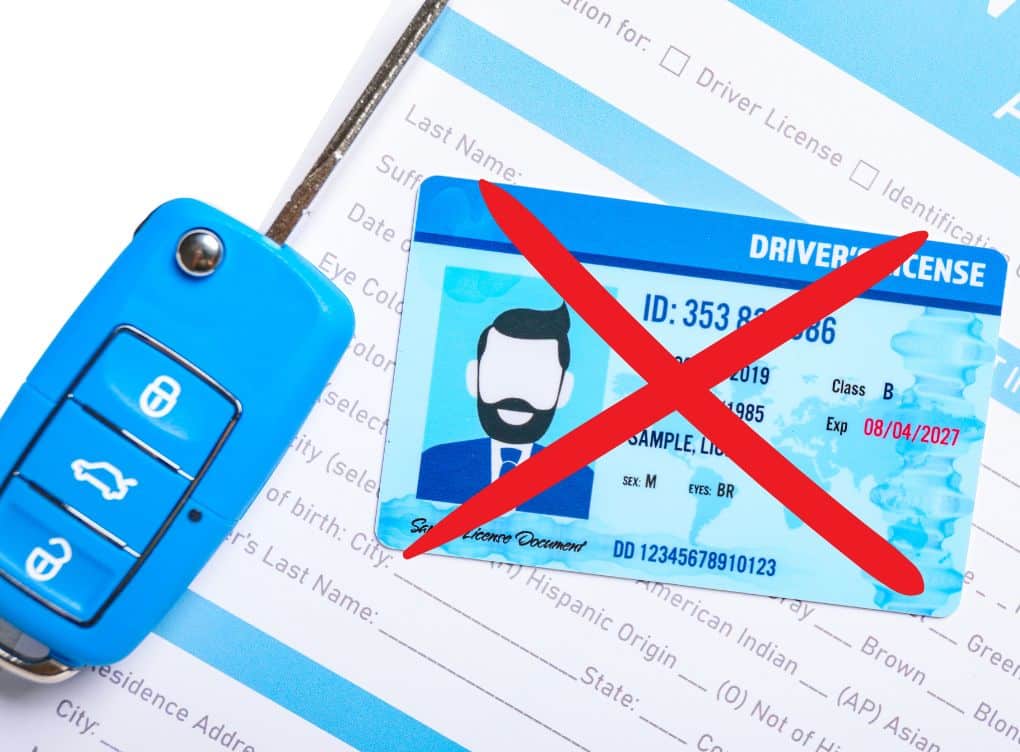
DUI cases represent some of the most technically complex matters in criminal law, combining scientific evidence, constitutional rights, administrative procedures, and criminal statutes into a challenging legal maze. Unlike other criminal charges that might rely primarily on witness testimony or straightforward evidence, DUI cases layer multiple types of evidence and legal principles that must be carefully analyzed and challenged. Each case typically involves field sobriety tests, chemical testing procedures, police observations, and documentation that must be scrutinized for both scientific accuracy and legal compliance.
The complexity is further amplified by the time-sensitive nature of these cases, with multiple proceedings often running parallel to each other. While defending against criminal charges in court, attorneys must simultaneously handle administrative license suspension hearings, each with its own rules, standards of proof, and procedural requirements. This creates a intricate chess game where moves in one arena can significantly impact the other, requiring careful strategic planning and execution.
The multifaceted nature of DUI defense requires attorneys to possess expertise in various disciplines, from understanding the chemistry behind blood alcohol testing to knowing the nuances of constitutional law governing police stops and searches. They must also stay current with rapidly evolving technology, such as new breathalyzer devices and digital evidence systems, while maintaining deep knowledge of constantly changing DUI laws and court precedents. This combination of scientific, legal, and procedural complexity makes DUI cases particularly challenging to defend without specialized expertise.
Blood alcohol testing, despite its scientific veneer, is far from infallible and involves numerous technical variables that can affect accuracy. The process begins with proper calibration and maintenance of testing equipment, whether it’s a breathalyzer device or blood testing apparatus. Each step in the testing process must follow strict protocols, from the initial breath test timing to the proper storage and handling of blood samples. Variables such as body temperature, breathing patterns, medical conditions, and even certain foods can affect breath test results, while blood samples must be properly preserved with anticoagulants and stored at specific temperatures to prevent fermentation or contamination.
The scientific principles behind blood alcohol testing are complex, involving concepts like the blood/breath partition ratio, absorption and elimination rates, and retrograde extrapolation. These principles become crucial when challenging test results, as they can significantly impact the accuracy of readings and their relevance to the actual time of driving. Attorneys must understand these technical aspects to effectively cross-examine prosecution experts and, when necessary, work with defense experts to challenge the validity of test results.

Traffic stops for suspected DUI involve a delicate balance between law enforcement needs and constitutional protections, particularly under the Fourth and Fifth Amendments. Police must have reasonable suspicion to initiate a traffic stop and probable cause for arrest, standards that require specific, articulable facts rather than mere hunches. During these encounters, officers must respect drivers’ rights against unreasonable searches and seizures while following prescribed procedures for field sobriety tests and chemical testing.
The constitutional implications extend throughout the entire stop, from the initial police contact through arrest and testing procedures. Officers must properly advise drivers of their rights, including the right to remain silent and the consequences of refusing chemical tests under implied consent laws. Any deviation from these constitutional requirements can provide grounds for challenging evidence or even dismissing cases entirely, making a thorough understanding of constitutional law essential for effective DUI defense.
The administrative aspects of DUI cases operate independently from criminal proceedings, creating a parallel track that requires immediate attention. Following a DUI arrest, drivers typically face automatic license suspension through their state’s Department of Motor Vehicles or similar agency. This administrative process has its own strict deadlines, typically giving drivers only a few days to request a hearing to contest the suspension. Missing these deadlines can result in automatic license suspension, regardless of the outcome of criminal proceedings.
These administrative hearings, while less formal than court trials, require careful preparation and strategic presentation of evidence. They often provide an early opportunity to cross-examine officers and challenge evidence, potentially revealing weaknesses that can be exploited in criminal proceedings. Success in these hearings can mean maintaining driving privileges during the pending criminal case, a crucial outcome for many defendants who need to drive for work or family obligations.
The criminal penalties for DUI convictions escalate dramatically with repeat offenses and aggravating factors such as high blood alcohol levels or accidents causing injury. First-time offenders may face jail time, hefty fines, mandatory alcohol education programs, and license suspension, while repeat offenders can face felony charges with extended prison sentences and permanent license revocation. Many jurisdictions now require ignition interlock devices even for first offenses, adding both expense and inconvenience to the list of penalties.
Beyond the immediate criminal sanctions, a DUI conviction carries collateral consequences that can impact virtually every aspect of life. Professional licenses may be suspended or revoked, employment opportunities can vanish, and international travel may be restricted. Insurance costs typically skyrocket, and the conviction remains on criminal records, potentially affecting future employment, housing, and educational opportunities for years to come. Military service members, commercial drivers, and professionals in certain fields may face additional consequences specific to their positions, including loss of security clearances or professional credentials.
When facing a DUI charge, the stakes extend far beyond the immediate legal proceedings, creating a complex web of consequences that can impact every aspect of your life for years to come. The ripple effects of a DUI conviction touch your mobility, career, finances, and personal relationships in ways that many people don’t fully appreciate until they’re experiencing them firsthand. This isn’t simply about paying a fine or dealing with a temporary inconvenience – it’s about potentially life-altering changes that can reshape your future opportunities and daily existence.
The immediate consequences of a DUI are daunting enough, with the possibility of jail time, substantial fines, and license suspension looming over your head. However, it’s often the long-term implications that prove most challenging. Your ability to maintain employment, pursue career opportunities, or even travel internationally can be severely impacted. The financial burden extends well beyond court costs and fines, encompassing skyrocketing insurance rates, mandatory education programs, and potential ignition interlock device requirements.
Perhaps most significantly, a DUI conviction becomes part of your permanent criminal record, creating obstacles that can follow you for decades. This record can affect everything from job applications to housing opportunities, and in an age where background checks are routine, it can repeatedly resurface to complicate your life in unexpected ways. The impact on your personal and professional reputation can be equally lasting, affecting relationships, business opportunities, and your standing in the community.
The suspension or revocation of your driver’s license following a DUI arrest creates immediate and often severe disruptions to daily life. In most jurisdictions, license suspension begins almost immediately after arrest through administrative procedures, separate from any criminal court proceedings. This can leave you scrambling to arrange alternative transportation for work, family obligations, and basic necessities with little notice or preparation time.
The duration and severity of license suspension vary based on factors such as prior offenses, blood alcohol level, and whether you refused chemical testing. While first-time offenders might face suspensions of several months to a year, repeat offenders could face extended or permanent revocation. Even after the suspension period ends, reinstatement often requires completing specific requirements, including alcohol education programs, paying substantial fees, and providing proof of high-risk insurance coverage.

A DUI conviction creates a permanent criminal record that can haunt you long after you’ve completed your sentence. Unlike some minor offenses that can be expunged or sealed, DUI convictions often remain permanently visible on background checks. This criminal record becomes particularly problematic in an era where employers, landlords, and educational institutions routinely conduct background screenings.
The presence of a DUI conviction can trigger automatic disqualification for certain positions, professional licenses, and educational programs. International travel can become complicated or impossible, with countries like Canada potentially denying entry to individuals with DUI convictions. The record also serves as a predicate offense, meaning any subsequent DUI charges will carry enhanced penalties and potential felony classification.
The employment impact of a DUI conviction often reaches far beyond the immediate challenge of getting to work without a license. Many employers view DUI convictions as serious red flags, indicating potential liability risks or judgment issues. Industries that involve driving, security clearances, or professional licensing are particularly sensitive to DUI convictions, often leading to immediate termination or disqualification from future opportunities.
Job seekers face additional hurdles, as many applications explicitly ask about criminal convictions. Even when not directly relevant to job duties, a DUI conviction can influence hiring decisions, especially in competitive fields or positions involving public trust. Professional licenses in fields ranging from healthcare to education may be suspended or revoked, forcing career changes or limiting advancement opportunities.
The financial impact of insurance rate increases following a DUI conviction often catches people off guard with its severity and duration. Insurance companies typically reclassify DUI offenders as high-risk drivers, leading to premium increases that can triple or quadruple your rates. These increases often persist for three to five years or longer, creating a substantial ongoing financial burden.
Beyond the rate increases, some insurance companies may cancel coverage entirely, forcing you to seek high-risk insurance at even more expensive rates. The requirement to maintain SR-22 insurance certification (proof of financial responsibility) adds another layer of cost and complexity, often lasting several years beyond the completion of other penalties.
The impact on personal and professional reputation following a DUI conviction can be subtle but pervasive, affecting relationships and opportunities in ways that aren’t immediately apparent. Within professional networks, knowledge of a DUI conviction can influence perceptions of judgment and reliability, affecting everything from client relationships to partnership opportunities. The stigma associated with DUI convictions can be particularly challenging in smaller communities or specialized professional fields.
Social relationships may also strain under the weight of a DUI conviction, particularly if the incident received public attention or local media coverage. Family dynamics can be affected, especially if the conviction impacts your ability to participate in children’s activities or fulfill family obligations. The need to explain the conviction in various contexts – from professional networking to social situations – can create ongoing stress and embarrassment.
The immediate criminal penalties for DUI convictions have grown increasingly severe in recent years, reflecting society’s reduced tolerance for impaired driving. Even first-time offenders may face jail time, ranging from several days to months, while repeat offenders can face years in prison. These sentences often come with less flexibility than other criminal charges, as many jurisdictions have mandatory minimum sentences for DUI convictions.
The financial penalties extend far beyond basic fines, creating a substantial economic burden that can take years to overcome. Court fines often range from thousands to tens of thousands of dollars, but these represent only the beginning. Additional costs include court-mandated alcohol education programs, treatment requirements, probation fees, and installation and maintenance of ignition interlock devices. When combined with other financial impacts like increased insurance rates and potential loss of income, the total cost of a DUI conviction can easily reach tens of thousands of dollars.
At DUI 101, our mission is to empower you with the knowledge needed to make informed decisions during this challenging time. Explore our articles and guides to better understand your situation and the steps ahead.
© 2024 Chapman SEO LLC. This website is for educational and informational purposes only. All content is created using AI technology and maintained by non-lawyers and should not be considered legal advice. The information provided is general in nature and may not be suitable for your specific situation. Always consult with a qualified legal professional for advice regarding your individual circumstances. We do not create attorney-client relationships through this website. By using this site, you acknowledge that you have read and understand these terms.